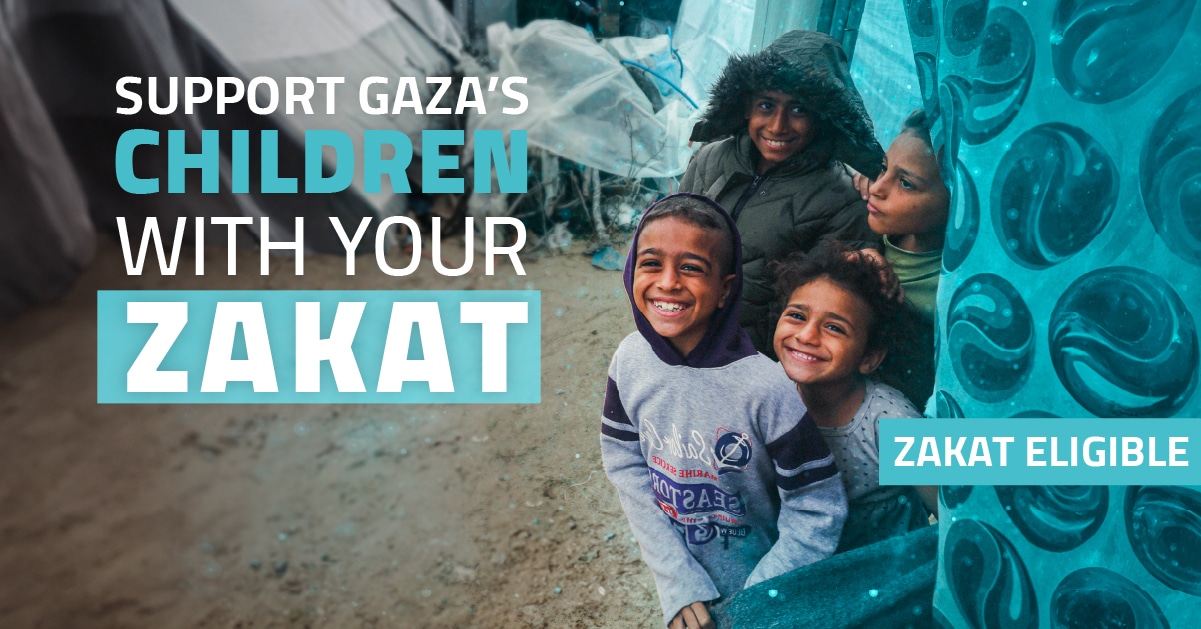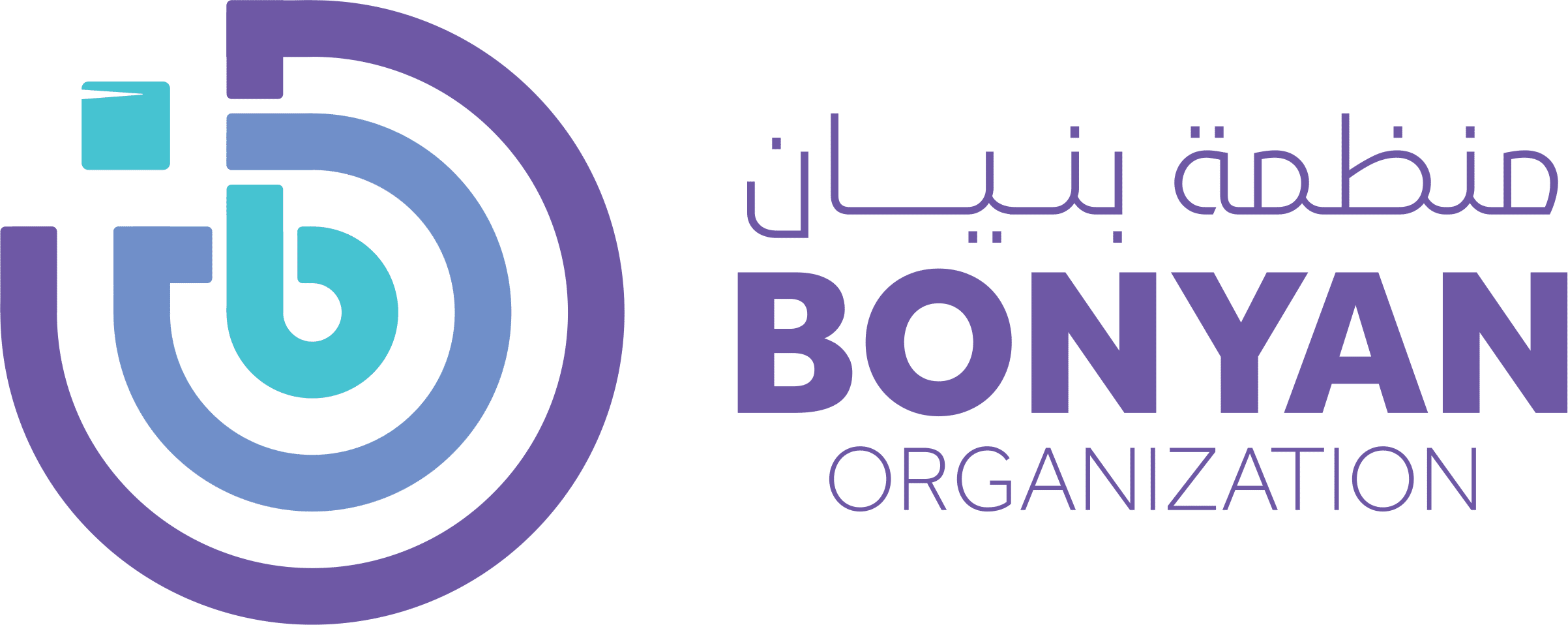
What is Zakat?
Zakat is the third pillar of Islam. It is a mandatory form of almsgiving in which Muslims who possess wealth above a specific threshold (the nisab) are obligated to donate a fixed percentage (2.5% or 1⁄40) annually to support those in need.
Zakat is considered a form of worship and a means of purifying one’s wealth.
Who Is Obligated To Pay Zakat?
Zakat is obligatory upon any sane, adult Muslim who possesses wealth above a certain threshold (known as the nisab) for a full lunar year.
What Is The Nisab & Hawl?
1. Nisab: The minimum amount of wealth a Muslim must have before they become obligated to pay Zakat. The nisab is calculated based on the value of gold or silver.
– Gold: The nisab of gold is equivalent to the value of 87.48 grams of gold.
– Silver: The nisab of silver is equivalent to the value of 612.36 grams of silver.
2. Hawl: The requirement that the wealth must be held for a full lunar year (Hijri year) before Zakat becomes due on it.

What is Zakat?
Zakat is the third pillar of Islam. It is a mandatory form of almsgiving in which Muslims who possess wealth above a specific threshold (the nisab) are obligated to donate a fixed percentage (2.5% or 1⁄40) annually to support those in need.
Zakat is considered a form of worship and a means of purifying one’s wealth.
Who Is Obligated To Pay Zakat?
Zakat is obligatory upon any sane, adult Muslim who possesses wealth above a certain threshold (known as the nisab) for a full lunar year.
What Is The Nisab & Hawl?
– Nisab: The minimum amount of wealth a Muslim must have before they become obligated to pay Zakat. The nisab is calculated based on the value of gold or silver.
○ Gold: The nisab of gold is equivalent to the value of 87.48 grams of gold.
○ Silver: The nisab of silver is equivalent to the value of 612.36 grams of silver.
– Hawl: The requirement that the wealth must be held for a full lunar year (Hijri year) before Zakat becomes due on it.
What Kinds Of Wealth Are Included In The Calculation Of
Zakat?
Zakat-eligible assets typically include:
– Gold, silver, and cash
– Business assets and merchandise
– Investments (like stocks, bonds, or rental properties)
Who Are The Recipients Of Zakat?
The eight categories of people who are eligible to receive Zakat according to the Qur’an (Surah At-Tawbah, 9:60):
1. The poor (al-fuqarâ’): Individuals struggling to meet their basic needs for food, shelter, and essential items.
2. The needy (al-masâkîn): Those who have some means of income but are still in a state of difficulty and require support.
3. Zakat administrators (al-amilinaalayha): The people responsible for collecting, managing, and distributing Zakat funds. They are entitled to compensation for their work.
4. Those whose hearts are to be reconciled (al-mu’allafati qulubuhum): This can include:
– New converts to Islam who may need support to strengthen their faith.
– Non-Muslims who are sympathetic to Islam or might be inclined to convert.
– Muslim leaders in a position to influence others and protect the Muslim community.
5. Those in bondage (fi al-riqab): Zakat funds can be used to free people from slavery, debt bondage, or captivity.
6. The debt-ridden (al-gharimin): Individuals struggling under heavy debts they cannot repay with their available means, excluding debts incurred for sinful purposes.
7. In the cause of Allah (fi sabilillah): A broad category interpreted in various ways, which may include:
– Efforts to defend and spread Islam.
– Building institutions that benefit the Muslim community (schools, mosques, etc.).
– Supporting those engaged in Islamic scholarship or striving in the path of Allah.
8. The wayfarer (ibn al-sabil): Travelers in need of assistance, whether stranded, facing difficulties, or without sufficient resources during their journey.
When Is The Best Time To Pay Zakat?
While Zakat can be paid any time it becomes due (after the nisab and hawl are met), there are preferred times:
– Ramadan:Many Muslims find it spiritually rewarding to pay Zakat during the holy month of Ramadan due to the multiplied blessings and rewards associated with good deeds during this time.
– Before Zakat is due: Paying early can ensure the funds reach those in need as soon as possible.
Where Is Your Zakat Used?
Importantly, the Bonyan Organization has a 100% donation policy for Zakat funds. This means your entire contribution directly supports those in need.
Calculate Your Zakat
Zakat FAQs
Here’s a list of Frequently Asked Questions that you can use for further guidance:
What Is The Difference Between Zakat And Sadaqah?
– Zakat: Mandatory for eligible Muslims, calculated at a specific rate, with designated recipients.
– Sadaqah: Voluntary charity that can be given at any time, in any amount, to a broader range of beneficiaries.
For more detailed information, you can read: Difference Between Zakat And Sadaqah
What is the difference between Zakat and Zakat al-Fitr?
– Zakat: Mandatory for eligible Muslims, calculated at a specific rate, with designated recipients.
– Sadaqah: Voluntary charity that can be given at any time, in any amount, to a broader range of beneficiaries.
– Zakat: The general form of almsgiving based on accumulated wealth and paid throughout the year.
– Zakat al-Fitr: A specific type of Zakat due at the end of Ramadan, before the Eid prayer. It is usually a smaller, fixed amount per person.
Is There Zakat On Cryptocurrency?
Yes, most contemporary Islamic scholars agree that there is Zakat on cryptocurrency.
Cryptocurrencies, despite their digital nature, are considered wealth that holds value and can be traded for goods and services. Like gold, silver, and other currencies, they can meet the requirements to be considered zakatable assets.
How do I calculate my Zakat?
– Determine the total value of your zakatable assets.
– Subtract any permissible debts.
– If the remaining value exceeds the nisab, calculate 2.5% of that amount. This is the amount of Zakat you owe.



